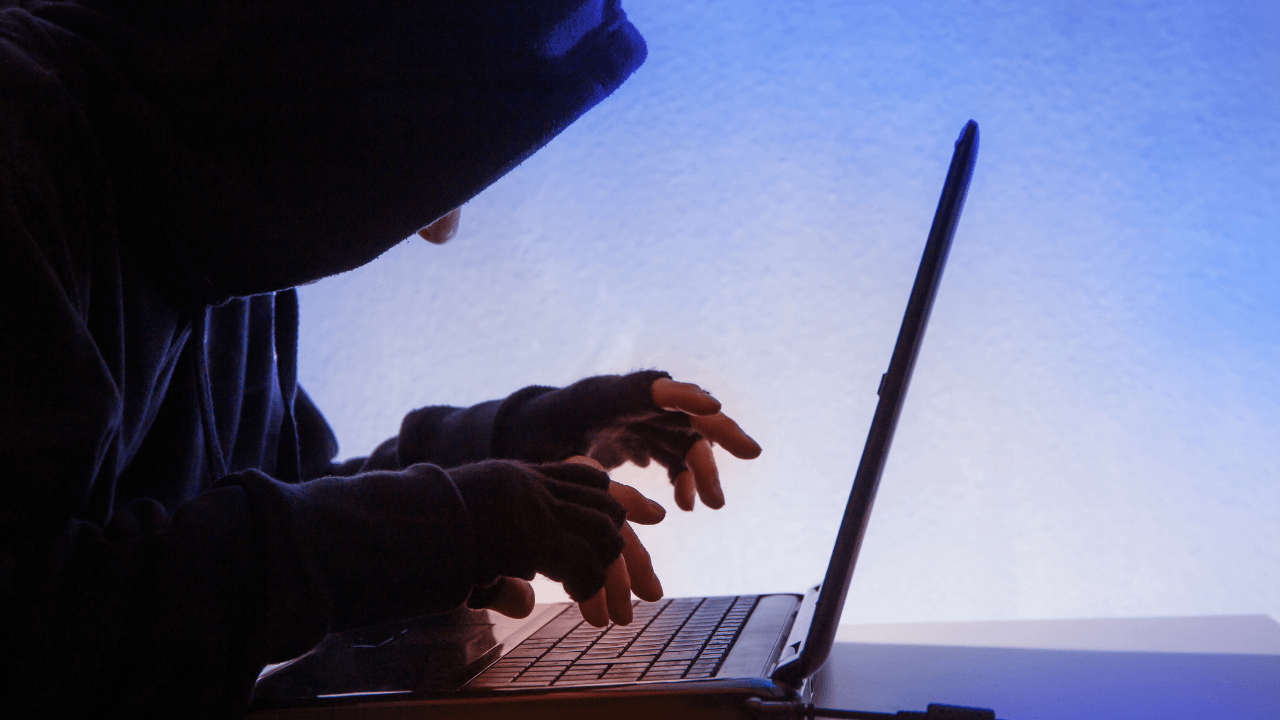The impact of piracy on culture and the economy

Piracy is a phenomenon that deeply affects both culture and the economy, causing billion-dollar losses and undermining creative production as well as the development of multiple sectors.
Culture is one of the areas most affected by piracy. The illegal reproduction of films, music, books, games, and software directly compromises the livelihood of artists, producers, and developers. When a work is pirated, the creator stops receiving payment for their production, which discourages the creation of new content and weakens cultural diversity.
Moreover, piracy distorts the perception of the value of art. When people consume cultural products without paying for them, they tend to trivialize creative work, overlooking the effort, time, and resources invested in each creation. This generates a vicious cycle: less investment, less innovation, and lower quality in future productions.
The economic impact of piracy is alarming. According to the National Forum Against Piracy and Illegality (Fórum Nacional contra a Pirataria e Ilegalidade), Brazil lost around R$287 billion in 2020 due to the illegal market. This figure includes losses in company revenues, tax evasion, and a drop in government tax collection that could otherwise fund public services.
Sectors such as technology, fashion, entertainment, and food are heavily affected. Counterfeit products not only harm the sales of legitimate brands but also endanger consumer health and safety. Furthermore, piracy is often linked to organized crime, which profits from illegal trade to finance other unlawful activities.
The main consequences of piracy include:
• Unemployment: The drop in sales of original products leads to job cuts in affected industries.
• Tax evasion: Pirated products generate no taxes, reducing public funds.
• Unfair competition: Legitimate companies that comply with the law struggle to compete with the artificially low prices of illegal goods.
• Consumer risk: Counterfeit products may cause accidents, poisoning, or serious technical failures.
Combating piracy requires coordinated actions among government, businesses, and society. The most effective strategies include:
• Awareness campaigns: Educating consumers about the risks and consequences of piracy.
• Stronger enforcement: Investing in institutions such as the National Council for Combating Piracy (Conselho Nacional de Combate à Pirataria – CNCP).
• Accessible original products: Making legitimate products more competitive in price and distribution.
• Cultural appreciation: Encouraging respect for creative work and intellectual property.
Piracy may seem like a cheaper alternative for consumers, but its effects are devastating for culture, the economy, and society as a whole. Valuing original content means investing in creativity, safety, and sustainable development. The fight against piracy begins with conscious choices — and every choice matters.





